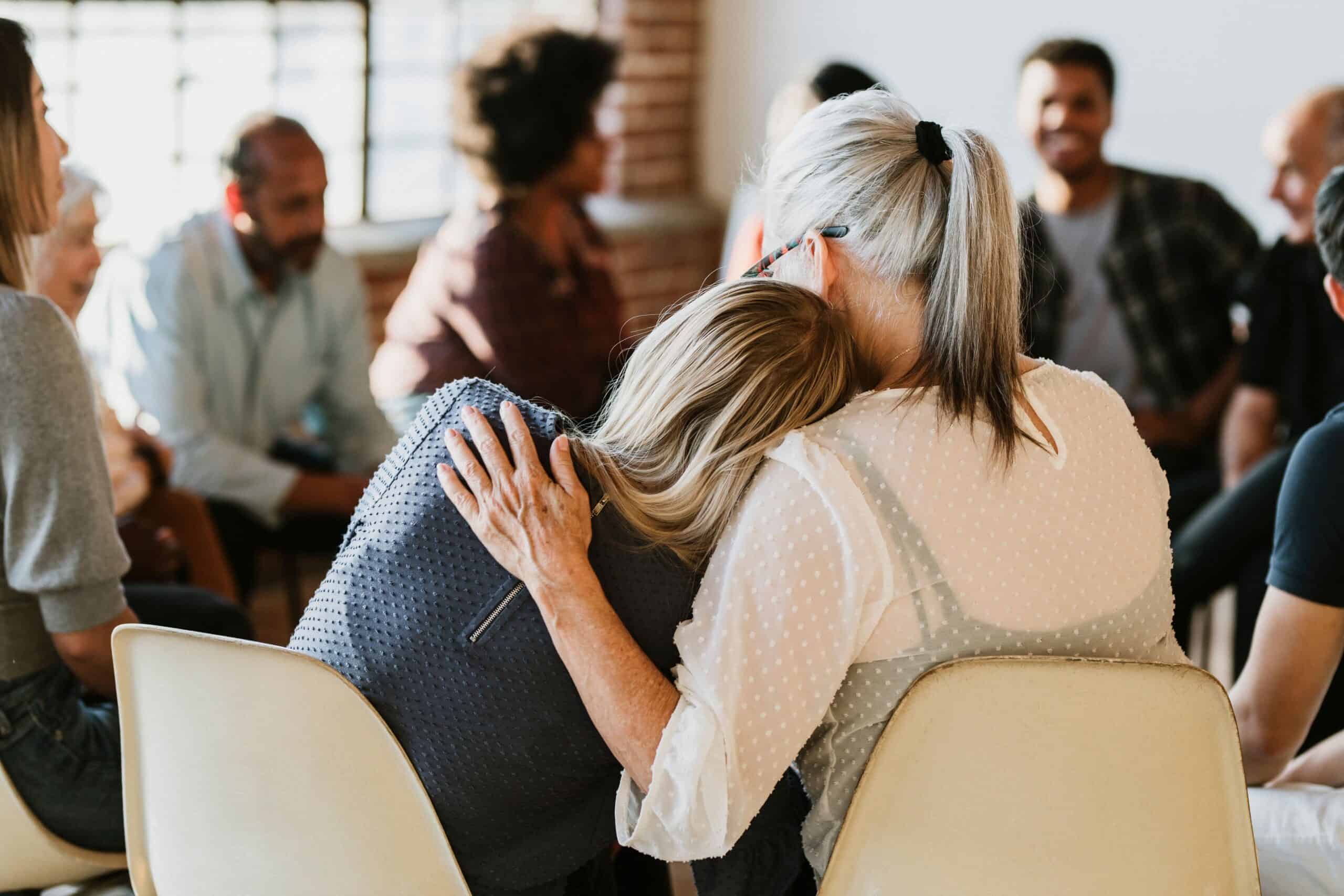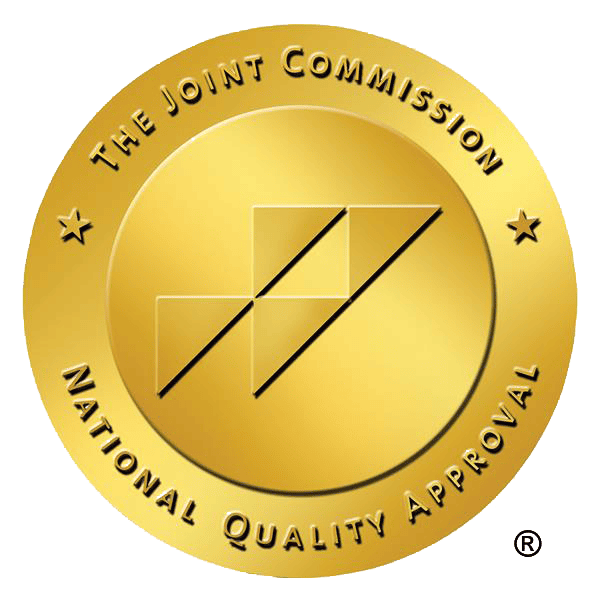Forgiveness is a concept deeply rooted in the German word “vergeben,” which means to give as absolutely and completely as possible. It’s a powerful act of giving, both to oneself and others, and yet, it can be one of the most challenging things to do. As we approach the holiday season, it’s essential to reflect on forgiveness, letting go of hurts and resentments, and maintaining healthy boundaries. In this contemplative journey, patients at The Prairie Recovery Center will explore the profound meaning of forgiveness and the transformative power it holds.
The Pilgrimage program, in collaboration with Ethos Behavioral Health Group and Dr. Sara K. Schneider, Founder & CEO of The Human Journey, offers a unique opportunity for patients to delve deep into the realms of forgiveness through journaling and exploration. This process allows patients to gain insights into their own experiences, find ways to forgive, and ultimately heal.
Contemplating Forgiveness – Journaling and Exploration:
During this phase of The Pilgrimage program, patients are encouraged to engage in deep introspection about forgiveness over the course of a week. They are tasked with brainstorming situations or actions for which they have yet to forgive others. This exercise aims to help individuals identify the emotional baggage they carry due to unresolved conflicts.
Patients are urged to write about up to three of these incidents in detail, focusing not on the actions of the other person but on their own perceptions and emotional responses. By examining their “insides,” they can gain a better understanding of the impact of unforgiveness on their well-being.
Moreover, patients are asked to consider the net gains and costs of holding onto resentment. What do they stand to gain by letting go of these emotional burdens? It’s important to note that this exercise doesn’t imply that forgiveness is easy or that the transgressor necessarily deserves it. Instead, it’s about personal growth and healing.
The goal is for patients to reflect on what prevents them from letting go of resentments and blame. By the end of the exercise, they will have insights into their beliefs about forgiveness and its potential impact on their lives.
Resolution and Integration:
At the end of the week, patients come together to share their insights and discoveries about what has built up internally due to unresolved issues. This sharing process helps identify common beliefs and obstacles that hinder forgiveness.
Discussions can revolve around whether forgiveness is primarily for the benefit of the forgiver or the forgiven. Patients may explore what forgiveness looks like when objectionable behavior continues, and how forgiveness relates to self-preservation and maintaining healthy boundaries, particularly during family gatherings.
The activity concludes with two essential components: strategies for simultaneously holding forgiveness and boundaries, and a meditation session aimed at opening up to the idea of forgiveness, even when it doesn’t come immediately.
Adaptation for Family Work:
While no specific adaptations are needed for family work within this activity, it’s worth noting that the process may naturally open the door for couples or families to address unresolved issues. In such cases, follow-up work may be necessary to facilitate healing and understanding among family members.
Conclusion:
Contemplating forgiveness is a profound journey that can bring about transformation and healing. The Pilgrimage program at The Prairie Recovery Center, in partnership with Ethos Behavioral Health Group and Dr. Sara K. Schneider, provides a safe and nurturing space for individuals to explore forgiveness, both for themselves and others. By delving deep into their emotions, beliefs, and experiences, patients can begin the process of letting go and ultimately find peace and resolution. As we approach the holiday season, the power of forgiveness becomes even more significant, as it allows individuals to navigate family gatherings with grace and self-assured boundaries. In the end, forgiveness is a gift we give to ourselves, and through this exploration, patients can embark on a journey of self-discovery and healing that will last a lifetime.









